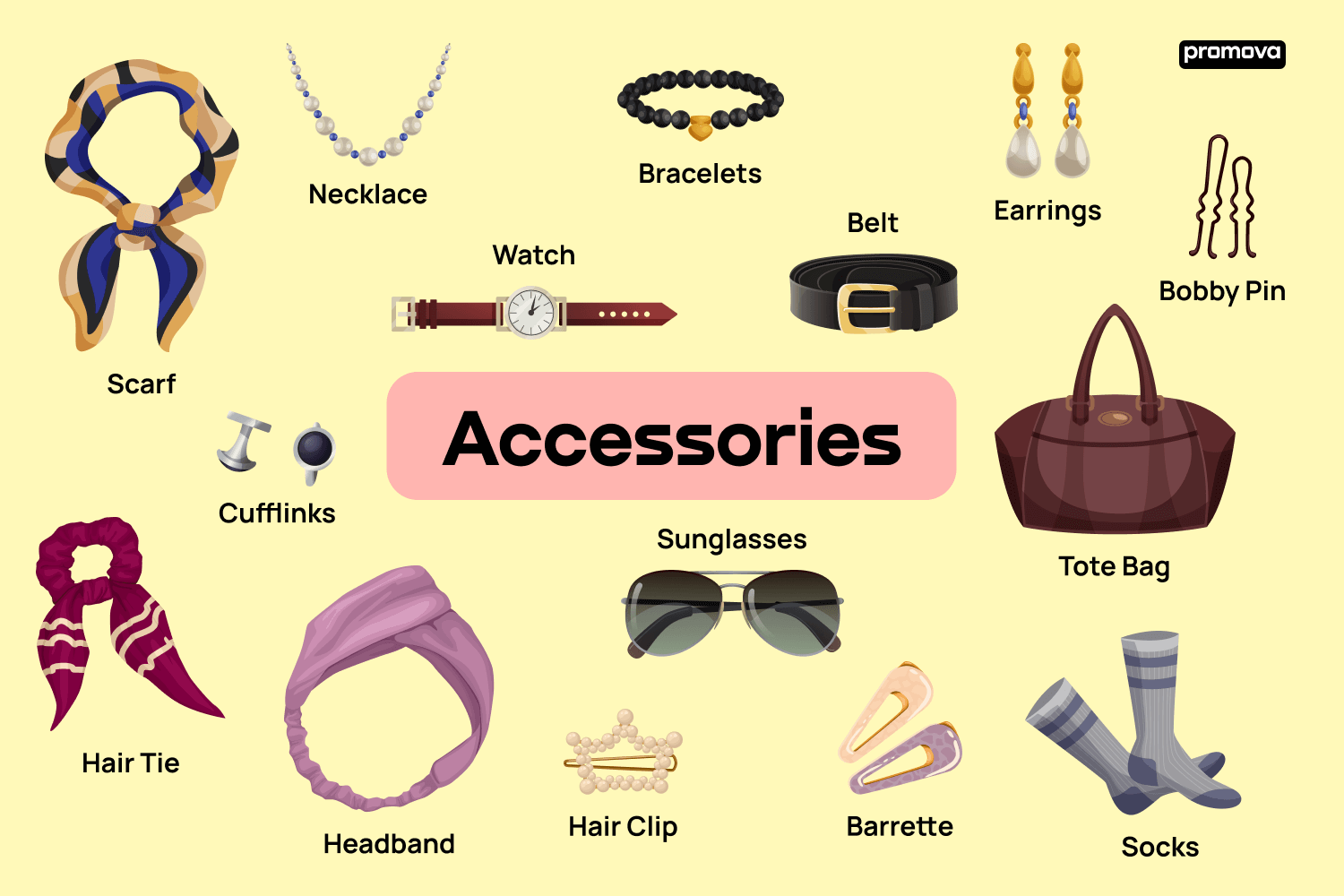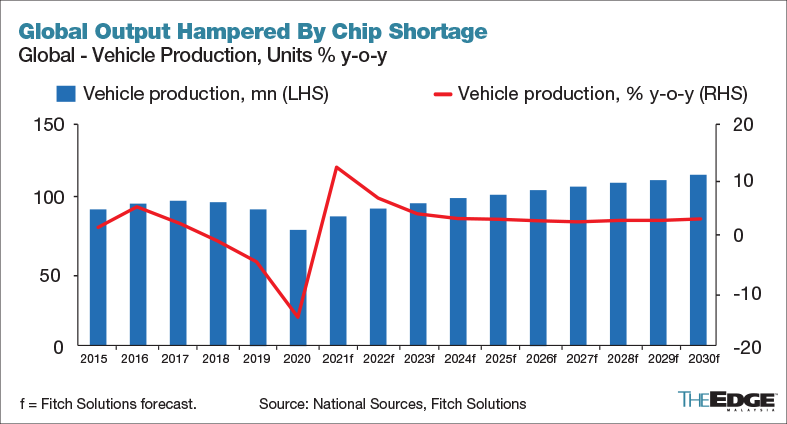Hudson Automotive Group Ownership: Complete Guide to Leadership and Structure
Understand Hudson automotive group’s ownership structure
Hudson automotive group represent a significant player in the automotive dealership industry, operate multiple franchise locations across various markets. The ownership structure of this dealership group reflect the complex nature of modern automotive retail, combine individual entrepreneurship with corporate backing and strategic partnerships.
The automotive dealership industry operates under a unique franchise model where manufacturers partner with independent dealers to sell and service vehicles. Hudson automotive group exemplify this model, maintain relationships with multiple automotive brands while operate as an independent business entity.
Leadership and management team
Hudson automotive group’s leadership structure typically includes experience automotive professionals who bring decades of industry knowledge to their operations. The management team oversee various aspects of the business, from sales and service operations to financial management and strategic planning.
Automotive dealership groups like Hudson oftentimes feature family ownership or partnerships between seasoned industry veterans. These leaders understand the complexities of manage multiple franchise agreements, maintain manufacturer relationships, and serve diverse customer bases across different markets.
The executive team normally include positions such as general managers for individual locations, regional directors oversee multiple dealerships, and corporate officers responsible for overall strategic direction. This hierarchical structure ensures effective management of day to day operations while maintain focus on long term growth objectives.
Business model and operations
Hudson automotive group operate under the traditional automotive dealership model, which involve sell new and used vehicles, provide financing services, and offer maintenance and repair services. This comprehensive approach create multiple revenue streams and enhance customer relationships throughout the vehicle ownership lifecycle.
The group’s business model emphasize customer service excellence, competitive pricing, and comprehensive automotive solutions. By maintain relationships with multiple manufacturers, they can offer customers a diverse selection of vehicles to meet various needs and budgets.

Source: automotivehistory.org
Their operations typically include new vehicle sales departments, certify pre own programs, service and parts departments, and finance and insurance offices. This integrated approach allows them to serve customers from initial purchase through the entire ownership experience.
Market presence and expansion strategy
Hudson automotive group’s market presence reflect strategic positioning in key automotive markets. Their expansion strategy probable focus on acquire or establish dealerships in markets with strong economic fundamentals and grow populations.
The group’s approach to market expansion typically involve careful analysis of demographic trends, competition levels, and manufacturer support. Successful automotive dealership groups understand the importance of location selection, market timing, and operational efficiency in new markets.
Their geographic footprint may span multiple states or regions, depend on their growth strategy and available opportunities. This multi market approach help diversify risk while maximize growth potential across different economic conditions.
Manufacturer relationships and franchise agreements
The success of Hudson automotive group depend intemperately on maintain strong relationships with automotive manufacturers. These franchise agreements define the terms under which the dealership group can sell and service specific vehicle brands.
Manufacturer relationships involve ongoing communication about sales targets, customer satisfaction metrics, facility requirements, and training programs. Dealership groups must meet specific standards for showroom appearance, service capabilities, and staff certification to maintain their franchise agreements.
These partnerships besides influence inventory management, marketing strategies, and customer service protocols. Manufacturers provide support through advertising programs, training initiatives, and technical resources that help dealerships serve customers efficaciously.

Source: dynatronsoftware.com
Financial structure and investment approach
The financial structure of Hudson automotive group probably involve a combination of owner equity, bank financing, and manufacturer floor plan finance for inventory. This complex financial arrangement is typical in the automotive dealership industry.
Dealership groups require significant capital investment for facility development, inventory acquisition, and work capital needs. The ownership structure must accommodate these financial requirements while maintain operational flexibility.
Investment decisions focus on areas that enhance customer experience, improve operational efficiency, and support long term growth. This might include facility upgrades, technology improvements, staff training programs, and market expansion initiatives.
Technology integration and digital presence
Modern automotive dealership groups like Hudson must integrate technology throughout their operations to remain competitive. This includes customer relationship management systems, inventory management platforms, and digital marketing tools.
Their digital presence encompass websites for individual dealerships, social media engagement, online inventory management, and digital advertising campaigns. These technology investments help reach customers across multiple channels and streamline internal operations.
The ownership team must balance technology investments with traditional automotive retail practices, ensure that digital tools enhance kinda than replace personal customer service relationships that remain crucial in automotive sales.
Community involvement and corporate responsibility
Hudson automotive group’s ownership probable emphasize community involvement as part of their business philosophy. Automotive dealerships traditionally serve as important community businesses, support local events, charities, and economic development initiatives.
This community focus helps build brand loyalty and establish the dealership group as a trusted local business partner. Their involvement might include sponsor local sports teams, support educational programs, or participate in community service projects.
Corporate responsibility initiatives may besides include environmental programs, employee development opportunities, and ethical business practices that reflect the ownership’s values and commitment to sustainable business operations.
Competitive positioning and market differentiation
The ownership strategy for Hudson automotive group probably focus on differentiate their dealerships from competitors through superior customer service, competitive pricing, and comprehensive automotive solutions.
Market differentiation might involve specialized services, extend service hours, unique financing options, or exclusive customer programs. These strategies help build customer loyalty and attract new business in competitive automotive markets.
The group’s competitive positioning besides depend on their ability to adapt to change consumer preferences, emerge technologies, and evolve manufacturer requirements while maintain operational efficiency and profitability.
Future outlook and growth opportunities
Hudson automotive group’s ownership team must navigate ongoing changes in the automotive industry, include electric vehicle adoption, change consumer buying patterns, and evolve manufacturer strategies.
Growth opportunities may include expand into new markets, add additional franchise agreements, or develop specialized services that meet emerge customer needs. The ownership structure must remain flexible sufficiency to capitalize on these opportunities while manage associate risks.
Long term success require continuous investment in staff development, facility improvements, and technology upgrades that enhance customer experience and operational efficiency. The ownership team’s vision and strategic planning capabilities will determine the group’s ability to will thrive in a will evolve automotive marketplace.
Understand the ownership structure of automotive dealership groups like Hudson provide insight into the complex business relationships that drive the automotive retail industry. Their success depend on effective leadership, strong manufacturer partnerships, and unwavered commitment to customer satisfaction across all their operations.



